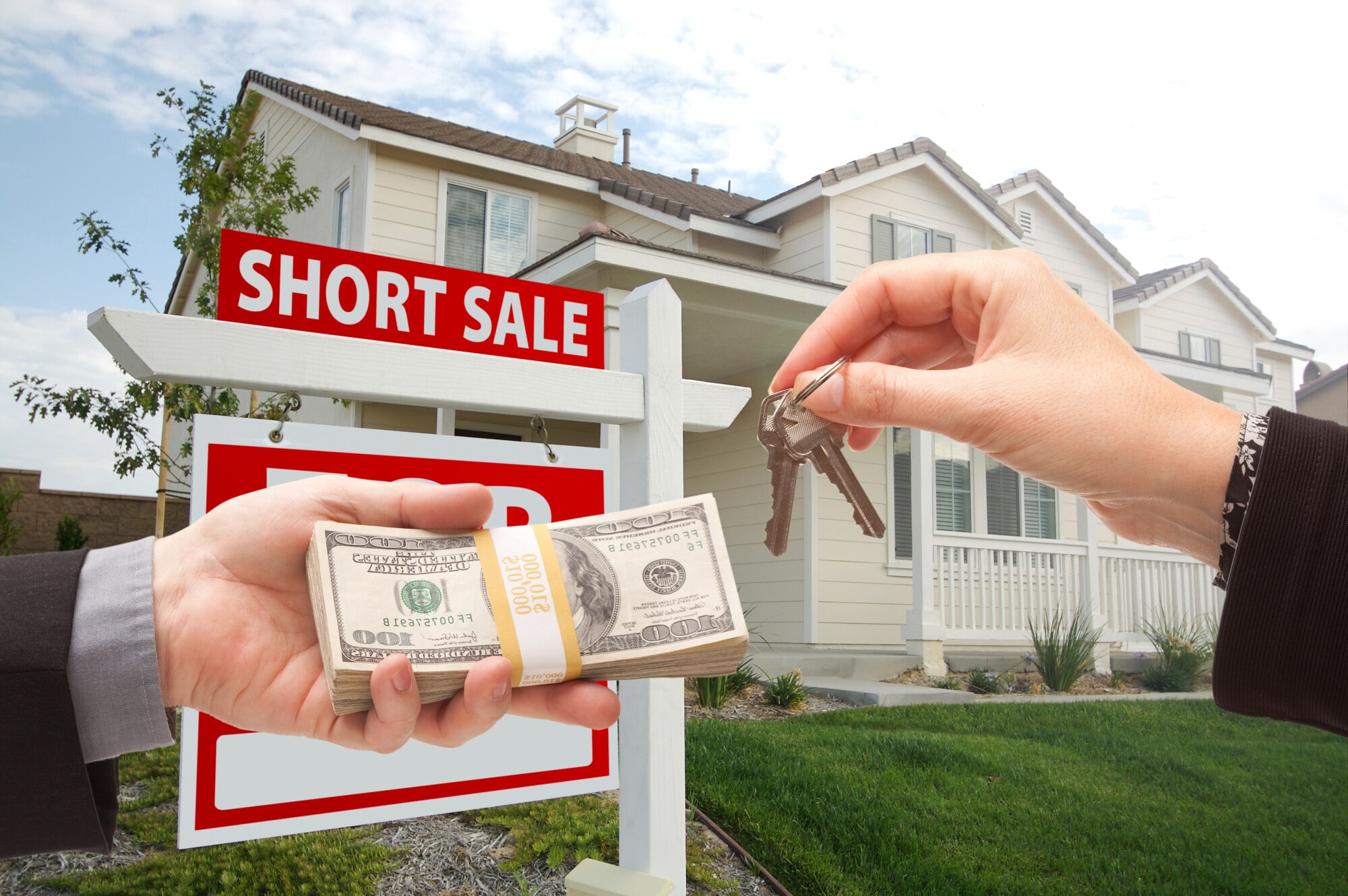
Author: Mark Ainely | Partner GC Realty & Development & Co-Host Straight Up Chicago Investor Podcast
According to a PR Newswire article, foreclosures increased by 6% in the first quarter of 2023 when compared to 2022.
Initiating a short sale is one way homeowners can avoid foreclosure, but what is a short sale, and is it a good idea to buy a home this way?
A short sale is when the homeowner agrees to sell the home for less than the outstanding mortgage balance, and the lender forgives the rest of the cost.
Are you considering buying a short sale? Keep reading to explore the pros and cons of a short sale.
Short Sale Rules
When a homeowner decides to undergo a short sale, they must follow certain rules set up by the lender. These are the minimum requirements:
- A qualified seller who can prove hardship
- A qualified buyer with financing who has no relation to the seller
- A reasonable offer in line with the property's fair market value
- Permission from the lender
If the lender is unaware of the seller's hardships, they may require proof of these financial troubles before they accept the seller's offer.
What Are the Pros of a Short Sale?
To buyers, the above requirements might seem like another lengthy step in the already drawn-out real estate transaction process, but each party may enjoy the following benefits from a short sale:
Benefits for the Lender
When they agree to a short sale, the lender avoids the expense and time involved in foreclosure. They look good by showing a willingness to negotiate.
They can also avoid having to sell the property themselves.
Benefits for the Buyer
Buyers get the benefit of securing a home at below market value, which is frequently in better condition than similarly priced properties.
They can avoid time-consuming title searches, standard inspections, and due-diligence periods, and they usually avoid paying broker's fees and closing costs.
Benefits for the Seller
With a short sale, the seller avoids foreclosure and enjoys relief from a portion of their mortgage obligation.
The lender often pays closing costs and broker fees on these types of sales and, in some cases, the lender may offer to pay relocation expenses.
What Are the Cons of a Short Sale?
With only 3% of homeowners upside down on their homes, short sales are in short supply, and there are a few other negatives associated with sales like these.
The lender must approve your offer once the seller does, which can result in long delays.
They're also likely to conduct detailed comparisons in the area before agreeing to the price. This means you probably won't save as much as you'd like unless the home is in poor condition.
You have no recourse in these as-is home sales, and while you could arrange a home inspection and set up contingencies on the sale, it's unlikely you'd be able to negotiate repairs.
Research Other Options
There are cases where the pros might outweigh the cons of a short sale, and the best way to find them is by consulting with a real estate professional.
We can assist with all aspects of Chicago investment properties, including buying and selling, managing tenants, maintenance, and repairs.
Get in touch today to discuss your property needs.

 Vendor Portal
Vendor Portal

